In community centers and retirement homes across the country, a quiet revolution is taking place. Senior choirs, once considered casual social gatherings, are now being recognized for their profound impact on vocal health and emotional well-being among older adults. What began as simple sing-alongs has evolved into sophisticated voice training programs specifically designed for aging vocal cords.
The human voice changes dramatically with age, a fact often overlooked in mainstream music education. Vocal folds thin out, lung capacity decreases, and the larynx loses some of its flexibility. Yet remarkably, these physiological changes don't signal the end of musical expression. Specialized voice training for senior choirs focuses on adapting techniques to work with these changes rather than against them. Breathing exercises are modified, vocal warm-ups are tailored, and repertoire is carefully selected to showcase the unique timbre of mature voices.
One might assume that older singers would struggle with pitch accuracy or vocal range, but choir directors working with seniors report surprising discoveries. The lifetime of listening experiences accumulated by older adults often gives them superior musical intuition. Their challenge lies not in musicality but in retraining muscles that have changed over decades. Innovative approaches include using gentle physical movements to reconnect breath support, visualizing sound production rather than forcing it, and incorporating laughter exercises to relax vocal tension.
The psychological benefits of this specialized training manifest in unexpected ways. Participants frequently report improved speaking voices in daily life - stronger projection, clearer articulation, and reduced vocal fatigue. This carries profound implications for maintaining independence and social connection in later years. A voice that can be heard is a voice that can participate in conversations, tell stories, and maintain presence in social situations.
Repertoire selection plays a crucial role in effective senior voice training. While many choirs incorporate nostalgic favorites, forward-thinking directors are introducing contemporary pieces and world music. This challenges stereotypes about older learners' capabilities while respecting the emotional connections to music from their youth. The most successful programs strike a balance between comfort and growth, familiarity and discovery.
Perhaps the most revolutionary aspect of this movement is its challenge to ageist assumptions about creative potential. Where society might expect decline, these choirs demonstrate adaptation. Where culture anticipates withdrawal, they show engagement. The voices that emerge from these programs carry a richness that can only come from lives fully lived - textured, nuanced, and powerful in ways that youthful voices simply cannot replicate.
Scientific research is beginning to catch up with what participants have known intuitively. Early studies suggest that regular singing can improve respiratory function, enhance cognitive performance, and even boost immune response. For seniors managing chronic conditions, voice training offers a gentle yet effective form of physical therapy. The social bonding inherent in choir participation compounds these benefits, creating networks of support that extend far beyond musical activities.
As these programs proliferate, they're developing their own pedagogical philosophies. Traditional vocal techniques are being reimagined through the lens of gerontology. Warm-ups might incorporate gentle stretches to accommodate arthritic joints. Breath support exercises consider reduced lung capacity. Even the pacing of rehearsals reflects an understanding of aging attention spans and energy levels. The result is an entirely new approach to vocal music education - one that honors the aging process while refusing to accept its limitations at face value.
The ripple effects of senior choir training extend into unexpected areas. Family members report that participants demonstrate improved mood and cognitive sharpness. Healthcare providers note better compliance with breathing exercises for pulmonary patients who sing regularly. Some senior living communities have even seen reduced medication use among choir participants. While more research is needed to establish causation, the correlations are striking enough to warrant serious attention from both the musical and medical communities.
Looking ahead, the field of senior voice training appears poised for significant growth. Music educators are developing certification programs specifically for working with older singers. Geriatric specialists are beginning to recommend choir participation as part of healthy aging regimens. Perhaps most importantly, the success of these programs is changing cultural perceptions about what aging voices can achieve. No longer dismissed as past their prime, senior choir members are proving that the human voice can continue to develop, adapt, and flourish throughout the lifespan.
At its core, this movement represents more than musical training - it's a reclamation of identity. In a youth-obsessed culture that often renders older adults invisible, the act of raising one's voice becomes profoundly political. These singers aren't just preserving their vocal abilities; they're asserting their continued relevance, their stories, their right to be heard. The sound that emerges from these choirs carries decades of experience, resilience, and hard-won wisdom - qualities no young voice could hope to replicate.

By /Aug 5, 2025

By /Aug 5, 2025

By /Aug 5, 2025

By /Aug 5, 2025

By /Aug 5, 2025
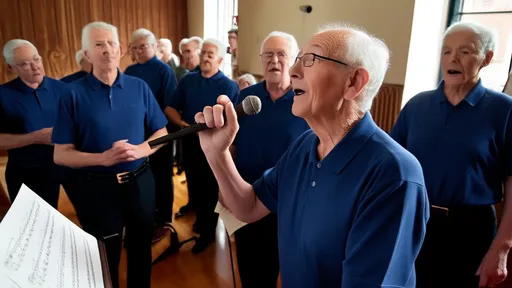
By /Aug 5, 2025

By /Aug 5, 2025
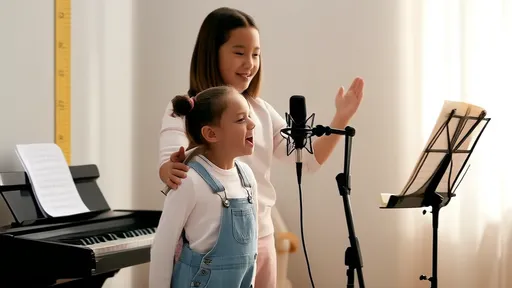
By /Aug 5, 2025

By /Aug 5, 2025

By /Aug 5, 2025

By /Aug 5, 2025
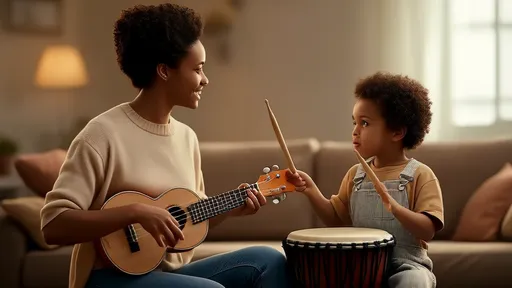
By /Aug 5, 2025

By /Aug 5, 2025

By /Aug 5, 2025

By /Aug 5, 2025
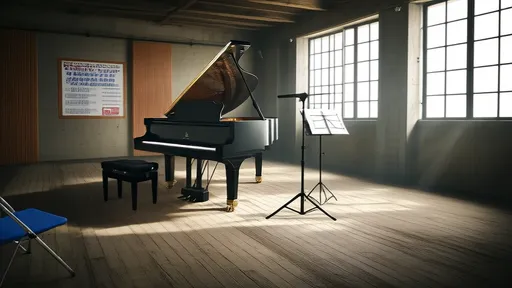
By /Aug 5, 2025
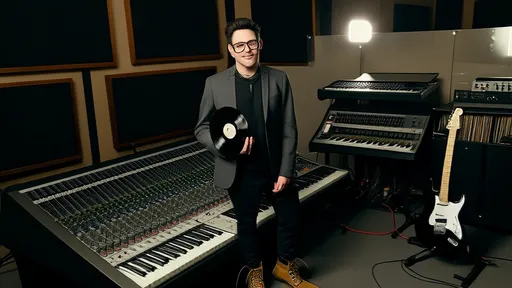
By /Aug 5, 2025

By /Aug 5, 2025

By /Aug 5, 2025

By /Aug 5, 2025